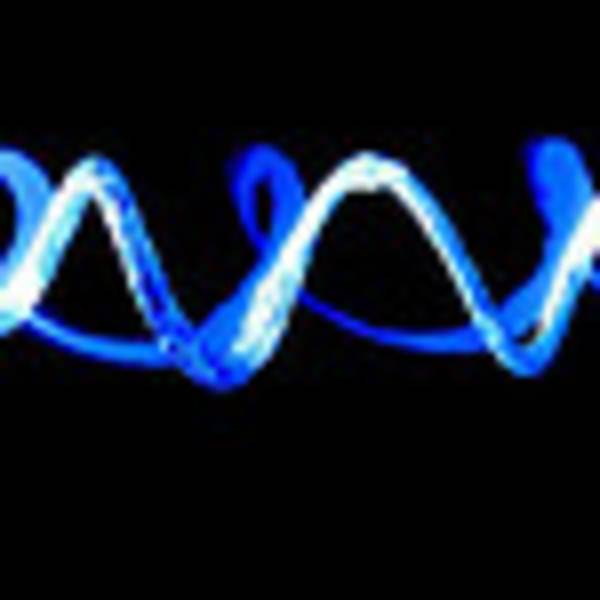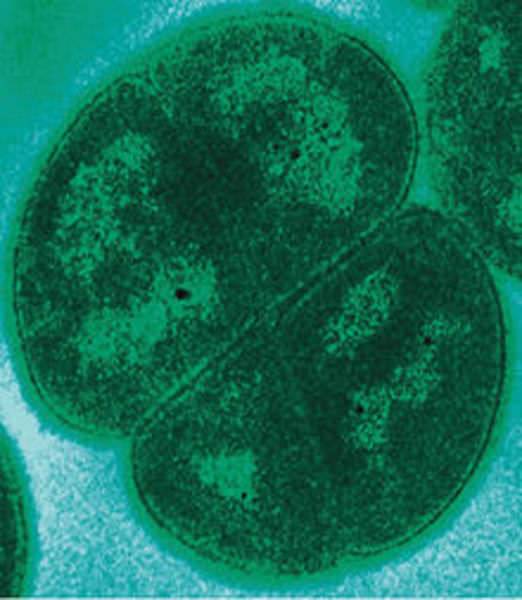Canadian Poet Christian Bök has translated his purpose-written short poem into DNA and is injecting it into a bacterium, Deinococcus radiodurans. New Scientist has published an interview with Bök about the project. Called The Xenotext, the project is being presented at the Text Festival and documented on its website.

Bök said he had read about texts being translated and injected but “But in every case where scientists or artists have already implanted messages into DNA, it has just been a case of republication.” His is a a new, unpublished poem.
The poet describes the poem.

“It’s a very short poem; a very masculine assertion about the aesthetic creation of life. The organism reads the poem, and writes in response a very melancholy, feminine – almost surreal – poem about the aesthetic of the loss of life. They’re in dialogue with each other.”
The way DNA codes to text is that scientists have established a sort of “language of flowers” in which a given amino acid stands in for a given letter. Bök has modified this tradition to create his own set of relationships. So, what he means by a “response” is that the bacterium, in response to the injected DNA, creates proteins whose amino acids spell out a new set of words, a new poem.
Intellectually, this is interesting. But whether it will be a good poem or pair of poems is another matter. In fact, even if the poems are not great, the process could be moving. The problem, for me, is that it does not excite my imagination. I cannot, that is, imagine witnessing the process (insofar as you can witness it) and being moved in any appreciable way.
What do you think? Is there a poetic truth to this undertaking or is it more a gimmick than anything else? I realize this is a loaded question, so let me be clear: I don’t know whether it is worthwhile or without real poetic worth. I think it’s something we will need to witness. But I own to being skeptical.
DNA photo by Mike Cummins, Deinococcus radiodurans photo from Wikipedia

















